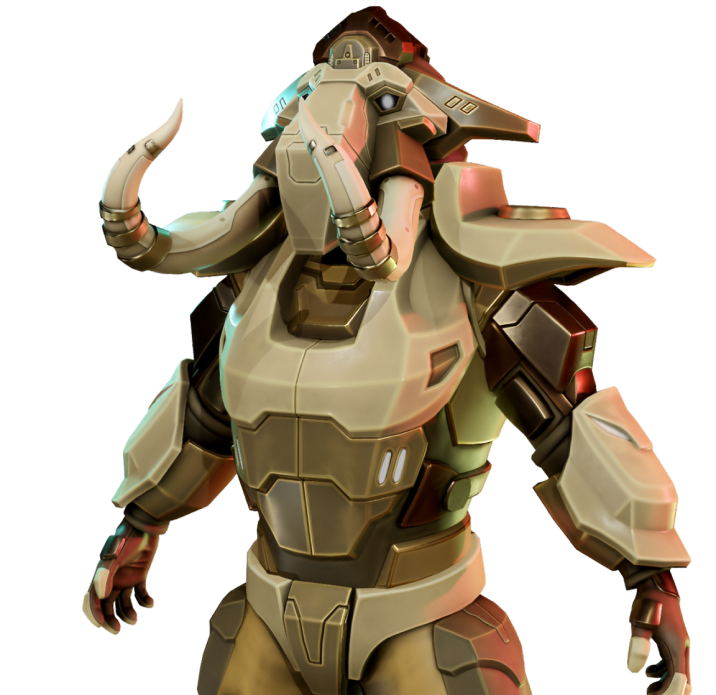The gaming industry is undergoing a transformative shift with the integration of blockchain technology and decentralized governance models. Decentralized Autonomous Organizations (DAOs) are emerging as a revolutionary approach to game development, enabling community-driven decision-making, transparent funding, and equitable revenue distribution. This article explores how DAOs are changing the landscape of game governance and development.
1. What Are DAOs in Game Development?
DAOs are blockchain-based entities governed by smart contracts and community consensus. Unlike traditional game studios that operate under centralized control, DAOs empower players, developers, and stakeholders to participate in decision-making processes, funding allocation, and content updates.
2. Community-Led Governance and Decision-Making
In a DAO-driven game, governance is decentralized, meaning game mechanics, content updates, and monetization models are determined by collective voting. Token-based voting mechanisms ensure that players and investors have a direct say in the evolution of the game. This fosters a more inclusive and player-driven development process.
3. Crowdsourced Funding and Revenue Sharing
Traditional game development relies on investors or publishers for funding, often leading to profit-driven decision-making. DAOs introduce decentralized crowdfunding, where players and stakeholders contribute funds in exchange for governance tokens or in-game assets. This model ensures that financial resources are managed transparently and that contributors share in the game’s success.
4. Smart Contracts for Transparency and Trust
Smart contracts are at the core of DAOs, automating decision-making, revenue distribution, and rule enforcement. Developers can encode game mechanics, asset ownership, and reward structures within blockchain-based contracts, ensuring fairness and preventing manipulation. This fosters trust between developers and the gaming community.
5. Player-Owned Economies and NFT Integration
DAOs support player-owned economies by leveraging Non-Fungible Tokens (NFTs) and digital assets. Players can own, trade, and monetize in-game assets, contributing to a decentralized marketplace. Unlike traditional games where assets are locked within proprietary ecosystems, DAO-based games allow players to retain full ownership and transferability of their digital items.
6. Challenges and Future Prospects
While DAOs offer numerous advantages, they also present challenges, including governance disputes, regulatory uncertainties, and security risks. The success of DAO-driven game development depends on robust smart contract security, clear governance frameworks, and widespread adoption. As blockchain technology matures, DAOs are likely to play a critical role in shaping the future of gaming.
Conclusion
Decentralized game development through DAOs is revolutionizing the way games are created, funded, and governed. By empowering players, enhancing transparency, and enabling fair revenue distribution, DAOs provide a more democratic and community-driven approach to gaming. As adoption grows, this innovative model has the potential to reshape the gaming industry, offering a new paradigm for collaborative and decentralized game governance.





Leave a comment